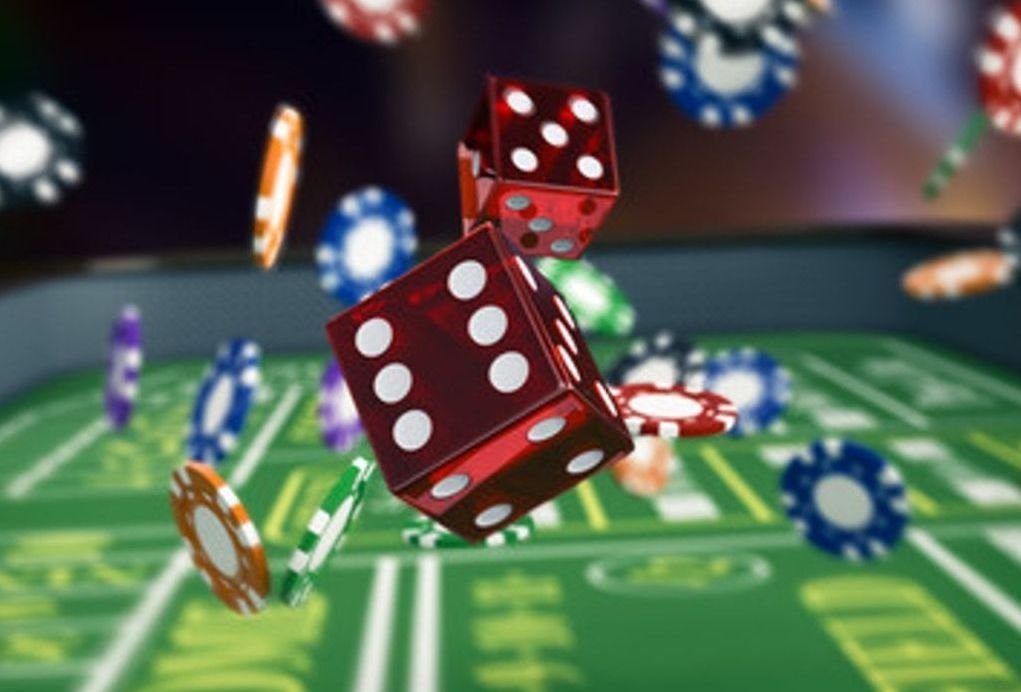If you’ve spent any time playing video games, especially in genres like RPGs, shooters, or even card games, you’ve likely encountered the term “RNG.” But what exactly does RNG mean, and how does it influence your gaming experience? In this article, we’ll dive deep into the concept of RNG (Random Number Generation), how it works, its role in different types of games, and why it’s both loved and hated by gamers worldwide.
What Does RNG Stand For?
RNG stands for “Random Number Generation,” a process used in video games and other applications to produce a sequence of numbers that cannot be predicted better than by random chance. This process is fundamental to the element of unpredictability in games, ensuring that certain aspects of gameplay are not predetermined and can vary from one playthrough to another.
How Does RNG Work in Video Games?
At its core, RNG is a system that generates random numbers within a specific range. These numbers are then used to determine various in-game outcomes. For example, when you roll a virtual dice in a game, the outcome is decided by RNG. This could influence anything from the damage dealt by an attack, the items you receive from a loot box, or the chance of encountering a rare monster.
RNG can be implemented in two main ways:
- True RNG (Hardware RNG): Uses physical processes (like electronic noise) to generate genuinely random numbers. This method is less common in video games due to its complexity and the need for specialized hardware.
- Pseudo-RNG (Software RNG): Uses algorithms to produce sequences of numbers that appear random but are actually determined by an initial value known as a “seed.” While not truly random, pseudo-RNG is widely used in games because it’s easier to implement and can still produce outcomes that feel random to players.
The Role of RNG in Different Types of Games
RNG plays a crucial role in various genres, adding an element of surprise and replayability. Here’s how RNG impacts some of the most popular gaming genres:
1. RPGs (Role-Playing Games)
In RPGs, RNG often determines critical aspects of gameplay, such as loot drops, battle outcomes, and character stat progression. For example, in games like “Diablo” or “Borderlands,” the items you find are often randomized, making each playthrough unique. RNG also affects critical hits in combat, where a random number determines whether your attack deals extra damage.
2. Shooters
In shooter games, RNG can influence hit accuracy, especially in games with bullet spread or weapon bloom mechanics. For instance, in “Fortnite” or “PUBG,” the randomness of bullet spread can mean the difference between hitting or missing your target, adding an unpredictable element to gunfights.
3. Card Games
In digital card games like “Hearthstone” or “Magic: The Gathering Arena,” RNG is integral to the experience. The randomness of drawing cards from a shuffled deck, the effects of certain spells, or the outcome of summoned creatures are all determined by RNG. This unpredictability keeps each match fresh and challenging.
4. Gacha Games
Gacha games, popular in mobile gaming, heavily rely on RNG to determine which characters or items players receive. The thrill of rolling for a rare character is a key aspect of these games, but it also means that some players may spend considerable time (or money) chasing after elusive rewards.
RNG: Love It or Hate It?
RNG is a double-edged sword in gaming. On the one hand, it adds excitement, unpredictability, and replay value to games. On the other hand, it can lead to frustration, especially when players feel that outcomes are too reliant on luck rather than skill.
Why Gamers Love RNG:
- Variety and Replayability: RNG ensures that no two gaming experiences are exactly the same, keeping gameplay fresh and engaging over multiple playthroughs.
- Thrill of Uncertainty: The possibility of unexpected outcomes, like finding a rare item or landing a critical hit, adds an adrenaline rush to the gaming experience.
Why Gamers Hate RNG:
- Perceived Unfairness: When RNG negatively impacts gameplay, such as missing an attack due to bad luck, it can feel frustrating, especially in competitive environments.
- Pay-to-Win Elements: In games with microtransactions, RNG can be tied to loot boxes or gacha mechanics, leading to criticism that success can be more about spending money than skill.
How Developers Balance RNG
Game developers face the challenge of balancing RNG to ensure that it enhances rather than detracts from the player experience. Too much randomness can make a game feel unfair or chaotic, while too little can lead to predictability and boredom.
One common approach is to use “weighted RNG,” where certain outcomes are more likely than others, or to implement systems that mitigate bad luck, such as “pity timers” in gacha games that guarantee a rare item after a certain number of unsuccessful attempts.
Conclusion
RNG is a fundamental concept in video games, shaping everything from loot drops to combat outcomes. While it can be a source of excitement and replayability, it can also lead to frustration when outcomes feel unfairly determined by luck. Understanding RNG helps gamers appreciate the complexity behind their favorite games and how developers balance chance and skill to create engaging experiences.
Whether you love it or hate it, RNG is here to stay, adding that crucial element of unpredictability that keeps us coming back for more.
Thanks for reading What is RNG in Video Games?! Keep reading more articles here and get amazing deals at Amazon.
















